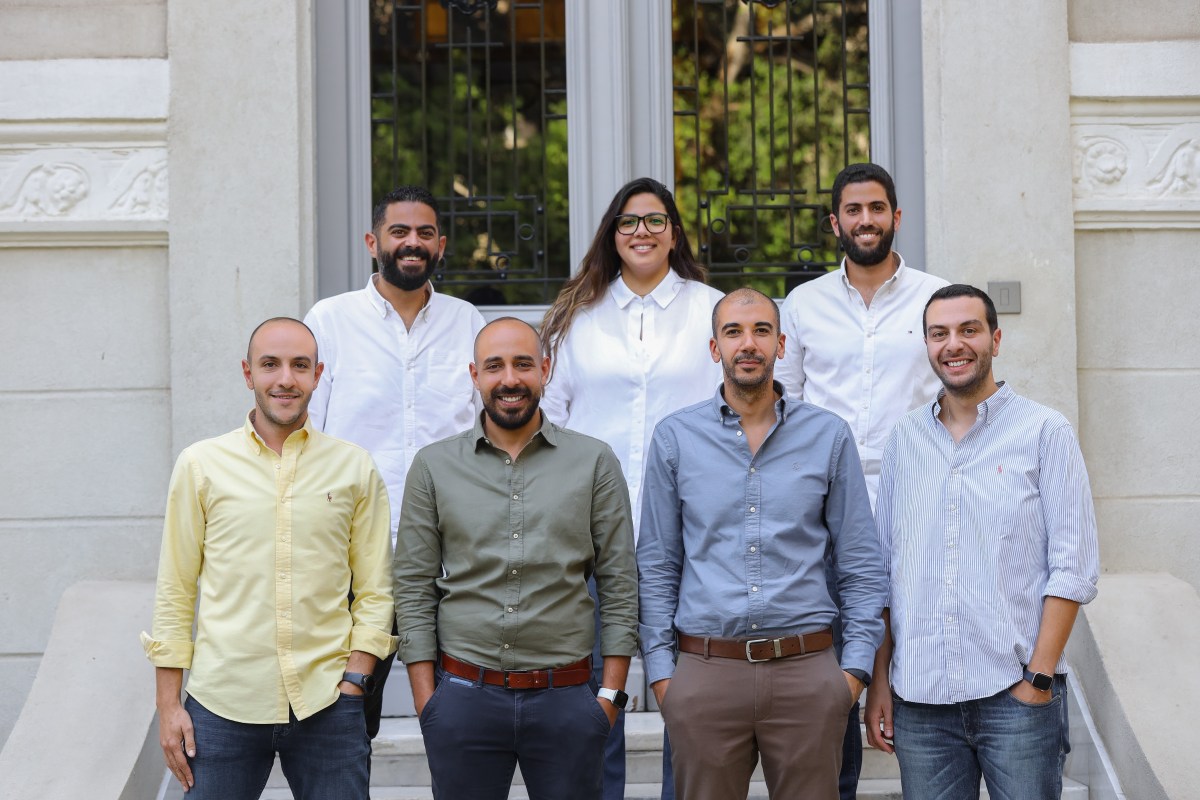Telegram to work with Brazilian authorities to fend off disinformation
Telegram has committed to working with the authorities in Brazil on a program intended to tackle the spread of false information through the messaging app.
The company agreed to join the permanent program aimed at fending off disinformation led by Brazil’s Superior Electoral Court (TSE) on Friday (25). The agreement was preceded by a meeting between the TSE and the firm’s representative in Brazil, Alan Campos Elias Thomaz, who then took the proposals to the company’s leadership.
The TSE program Telegram has agreed to join is aimed at tackling false information relating to the Brazilian electoral system in the context of the presidential elections in October. Other platforms such as Twitter, TikTok, Facebook, WhatsApp, Google, Instagram, YouTube and Kwai have all signed individual agreements with the Court, which outline the measures each platform will adopt to stop the spread of false and misleading information.
Telegram’s agreement to join the initiative follows repeated contact attempts from the Court. TSE’s emails and letters had been ignored until Telegram nearly got banned in Brazil on the basis that it had not cooperated with the country’s judiciary and law enforcement authorities.
As part of the company’s actions to avoid a ban, Telegram has committed to manually monitoring its 100 most popular channels in Brazil on a daily basis. The firm will partner with local fact-checking organizations to establish whether content posted on the messaging app is false and may tag certain posts as imprecise.
Other initiatives led by the TSE around the upcoming elections include the creation of a new body aimed at enhancing the transparency and security of the electoral process. The Election Transparency Commission (CTE) is aimed at increasing the participation of experts, representatives of civil society and public institutions in the inspection and auditing of the electoral process.
The group of specialists will also monitor and supervise the development phases of the electoral systems and the auditing of the electoral process. They will also be expected to provide opinions and advice on enhancements that may be required.
In addition, the TSE has also opened the source codes of electronic voting machines and the electronic voting system for scrutiny by the civil society.




